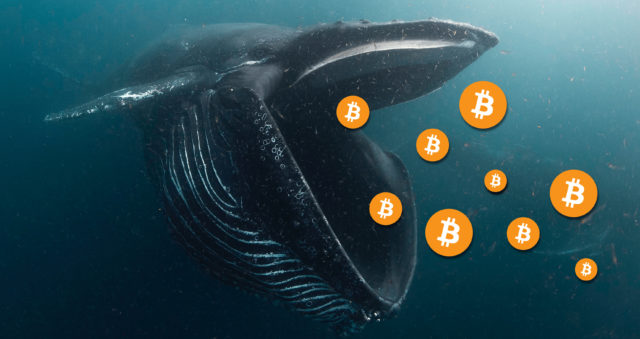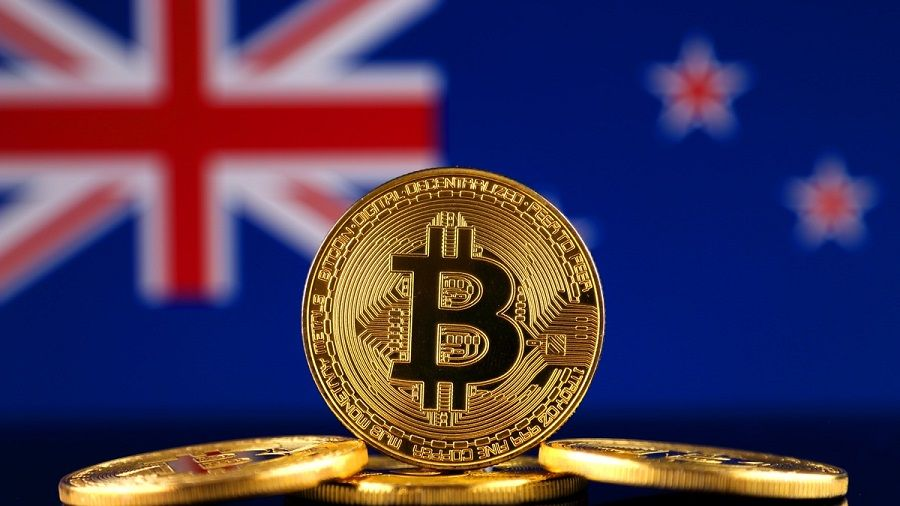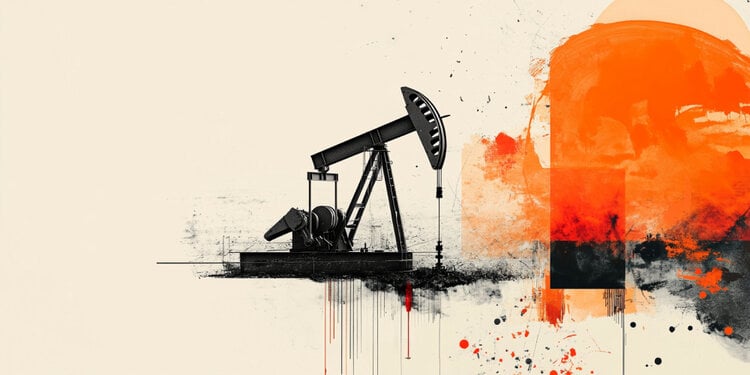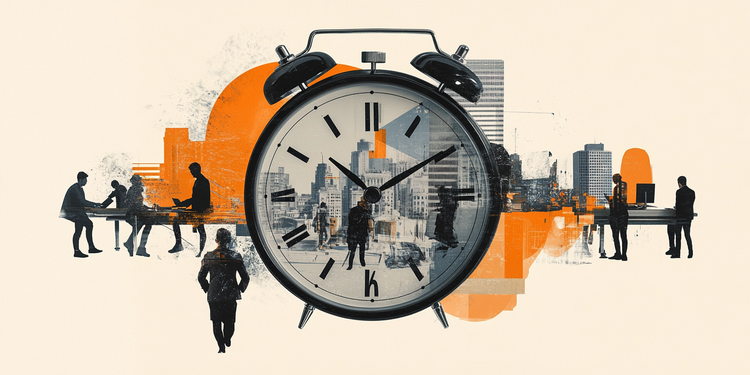As democrats struggle to pass the social and climate change of the president Joe Biden, Republicans accuse them of fueling inflation and making Americans’ lives more costly with their political initiatives.
The consumer price index of USA has accumulated year-on-year increase of more than 5% for four consecutive months, while the economy suffers from labor and supply shortages caused by the Covid-19 pandemic.
The secretary of the Treasury, Janet Yellen, predicted at the end of last month that inflation would remain high next year.
“There is no relief in sight. It’s the direct result of flooding the country with money,” Senate Minority Leader Mitch McConnell, the House’s top Republican, told reporters last week. “The last thing we need to do is rack up another massive, reckless tax and spending spree.”
McConnell spoke at a 13-minute press conference, during which he and his leadership team made at least two dozen references to inflation and rising costs or prices.
But are Republicans right to blame Biden and Democrats for the higher prices? Not entirely.
What is happening in the world?
The United States is not alone in facing a bout of high inflation.
An important measure accompanied by the Organization for Economic Cooperation and Development (OECD) shows that inflation in the 38 member countries is at the highest level since 2008, driven largely by rising global energy prices.
Oil prices alone have quadrupled in the past 18 months as energy demand rebounded as economies reopened after the Covid-19-related outages.
What about stimulus spending?
The main Republican argument against Biden is that his multi-trillion dollar legislative agenda makes inflation worse by flooding the economy with government spending and promising much more.
His agenda includes a $1.9 trillion rescue plan – the only proposal enacted so far – and a $1 trillion infrastructure account still to be signed.
After that will come its “Build Better” climate and social spending package, which is expected to cost about $1.75 trillion.
But annual inflation rates for dozens and dozens of goods routinely purchased by American families — including food — were already at their highest levels in a decade before Biden entered the White House earlier this year.
This is largely due to spending on relief from the effects of Covid-19 approved under the government of Donald Trump with overwhelming Republican support in the Senate. The amounts exceed what Democrats have allocated so far by about $1 trillion.
That money kept household budgets intact during the crisis and allowed consumers to continue spending despite double-digit unemployment.
In addition, household savings skyrocketed to unprecedented levels, providing fuel for more spending on activities such as dining out and traveling when these became widely available again.
Republicans point to concerns raised by former Treasury Secretary Larry Summers, a Democrat who warned in February in the Washington Post Op-Ed that Biden’s bailout plan could fuel inflation.
But other economists, including Mark Zandi of Moody’s Analytics, have since said that Biden’s agenda is more likely to lift the economy’s long-term growth prospects and ease inflation.
Is Vaccine Mandatory Pulling Inflation?
Republicans say the mandate for federal employees and employees of private companies with more than 100 employees to be vaccinated is exacerbating the national labor shortage at a time when inflationary pressures are affecting wages and prices.
It’s true that employment and workforce growth has slowed in recent months and employers are scrambling to find workers — there were 10.4 million vacancies in August, close to a record.
But the deadline for complying with the vaccine obligation is still more than a month, and there is no firm data to support this claim, although several large companies have begun to express concerns about their ability to retain and hire workers because of this. Others, such as United Airlines, said they saw an increase in applications for vacancies after the adoption of vaccines.
Vaccination rules are intended to protect Americans from Covid-19, at a time when only 67% of the US population has received at least one dose of an immunizer, according to the Reuters Covid-19 Vaccine Tracker.
Republicans claim the mandates are forcing workers who refuse to be vaccinated out of the workforce.
While thousands of workers in the United States face potential job losses, resistance to the vaccine is strongest in Republican-led states, where it has been largely reinforced by Republican officials.
What is the impact of improved unemployment benefits?
Republicans argue that “exorbitant aid” from the federal government, including federal unemployment insurance of $300 a week in the pandemic, has also contributed to labor shortages and rising inflation.
But these benefits, which ended in the country in September, appear to have had a limited impact on labor market participation.
States led mainly by Republicans that blocked payments created jobs in August at a rate of less than half compared to states that allowed payments to flow.
What effect are the problems having on the supply chain?
Republicans also want to blame Biden for shortages created by supply chain problems that contributed to inflation.
But experts say Covid-19 has disrupted every aspect of the global supply chain, from manufacturing and transportation to logistics, not just in the United States but around the world, at a time when the pandemic has also spawned a wave of purchases. The problem is partly due to a decades-old business strategy aimed at keeping inventories low.
Reference: CNN Brasil
I am Sophia william, author of World Stock Market. I have a degree in journalism from the University of Missouri and I have worked as a reporter for several news websites. I have a passion for writing and informing people about the latest news and events happening in the world. I strive to be accurate and unbiased in my reporting, and I hope to provide readers with valuable information that they can use to make informed decisions.







